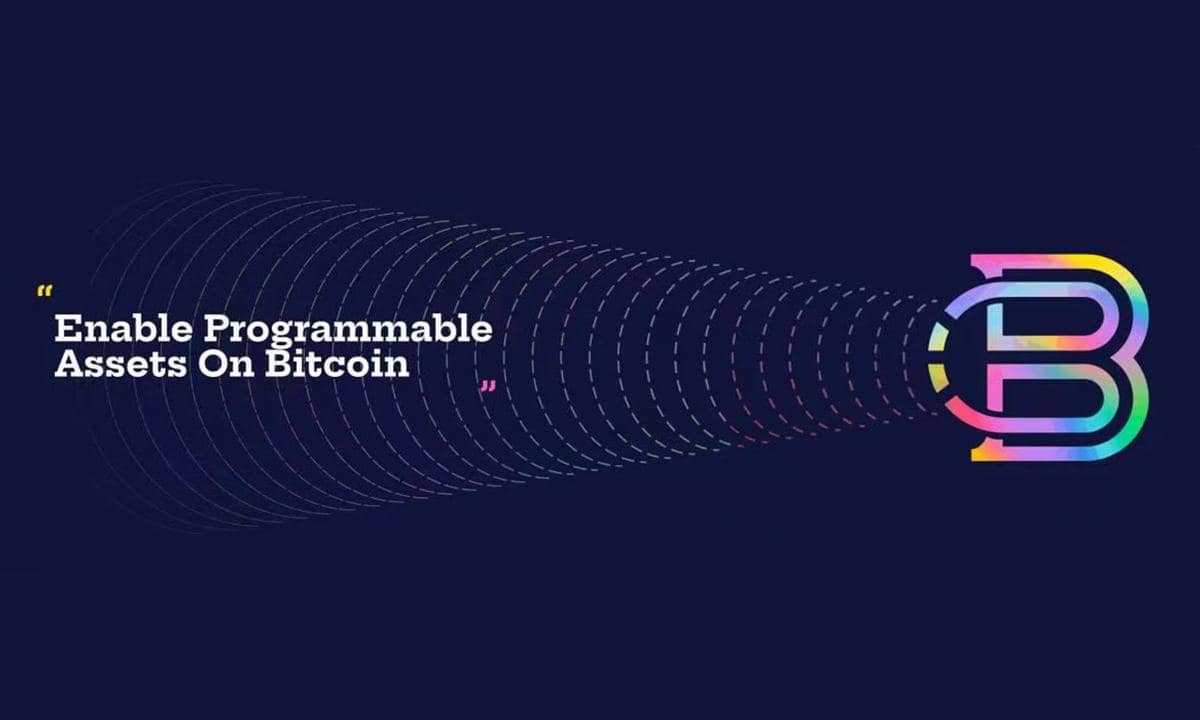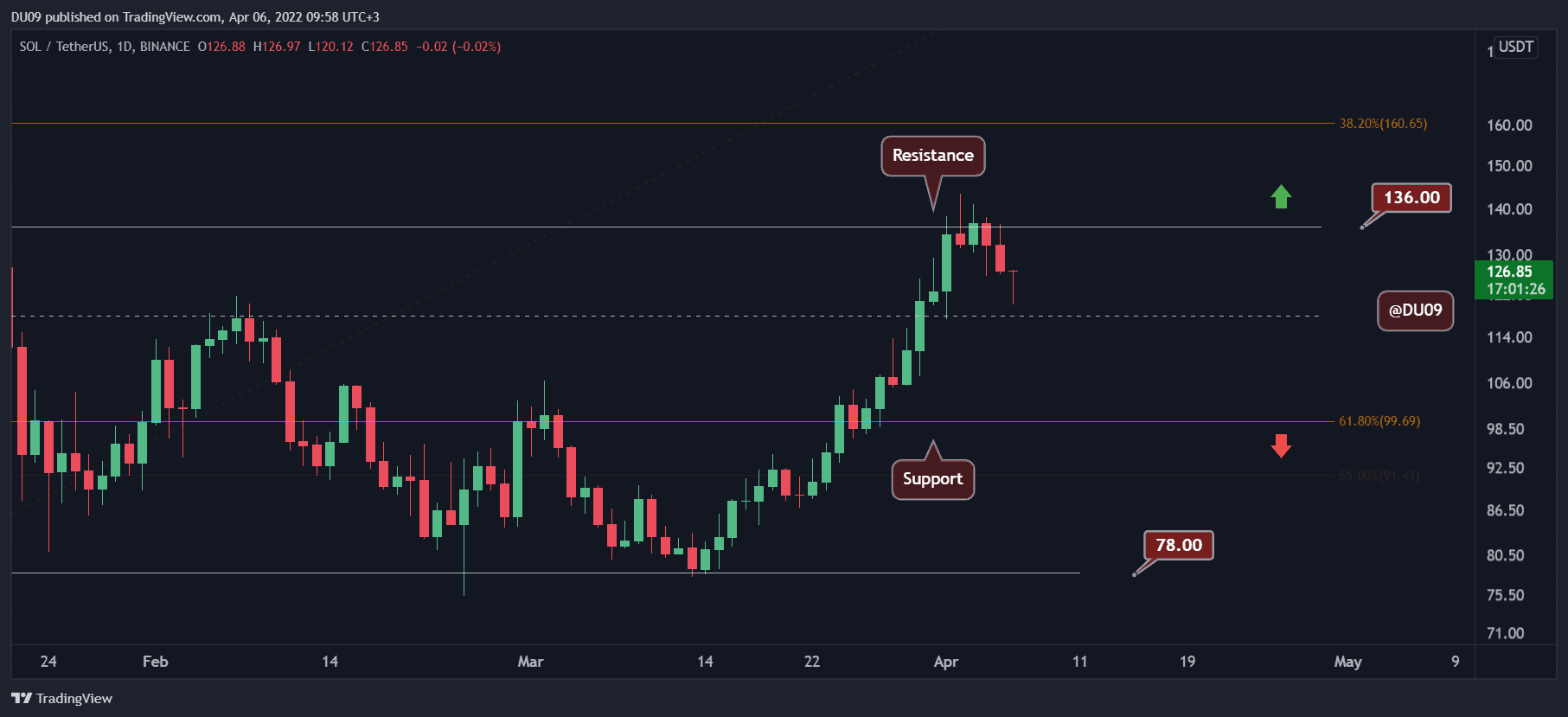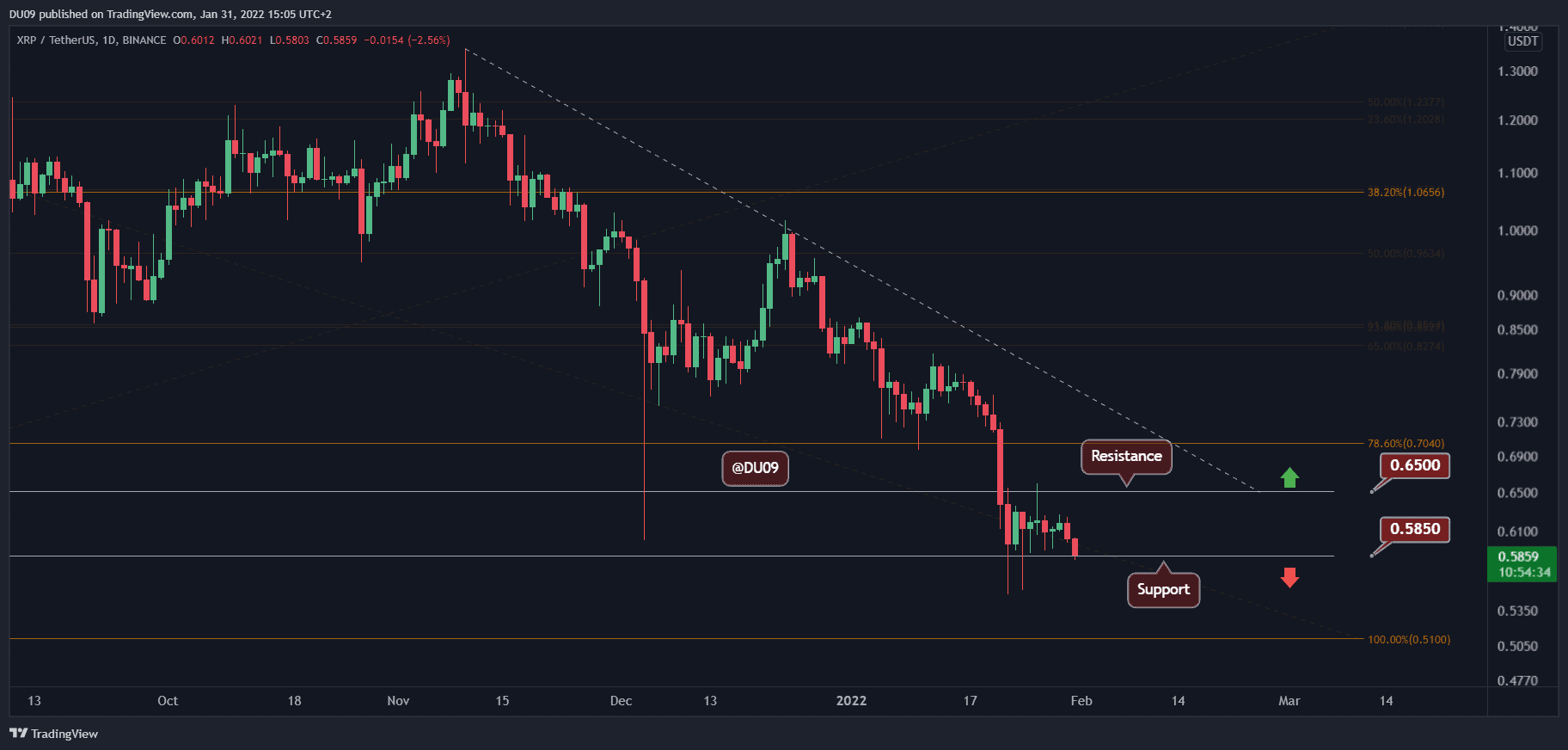Bitcoin SV Suffers Another 51% Attack
Bitcoin SV, the blockchain created as a fork of Bitcoin Cash and promoted mainly by entrepreneurs Calvin Ayre and Craig Wright, has just suffered another 51% attack, further weakening its already tarnished reputation in the cryptocurrency space.
This attack follows a similar chain reorg orchestrated by ZuluPool last month.
The report was initially shared by Lucas Nuzzi, an active member of the Crypto Twitter community and part of the team at data analytics platform CoinMetrics.
According to the briefing, a group of miners initiated a chain reorganization at 11:46AM on August 3, 2021, managing to create 3 different versions of the blockchain, which were being mined at the same time by different mining pools.
BSV is going through a massive 51% attack.
After an attempted attack yesterday, some serious hashing power was unleashed today at 11:46AM and attackers are succeeding.
Over a dozen blocks are being reorgd & up to 3 versions of the chain being mined simultaneously across pools.
— Lucas Nuzzi (@LucasNuzzi) August 3, 2021
The attack continued for about 12 hours, achieving a reorganization of about 14 blocks. This is, of course, catastrophic for the trustworthiness of the blockchain, which depends precisely on its immutability to guarantee its value and prestige among its users.
Not surprisingly, the attack had an impact on the prices of the BSV coin. The coin was bearish already but the bad news only accelerated the fall.
BSV lost nearly 7% in the last 24 hours, hitting a low of $133.83 before briefly recovering to its current $137
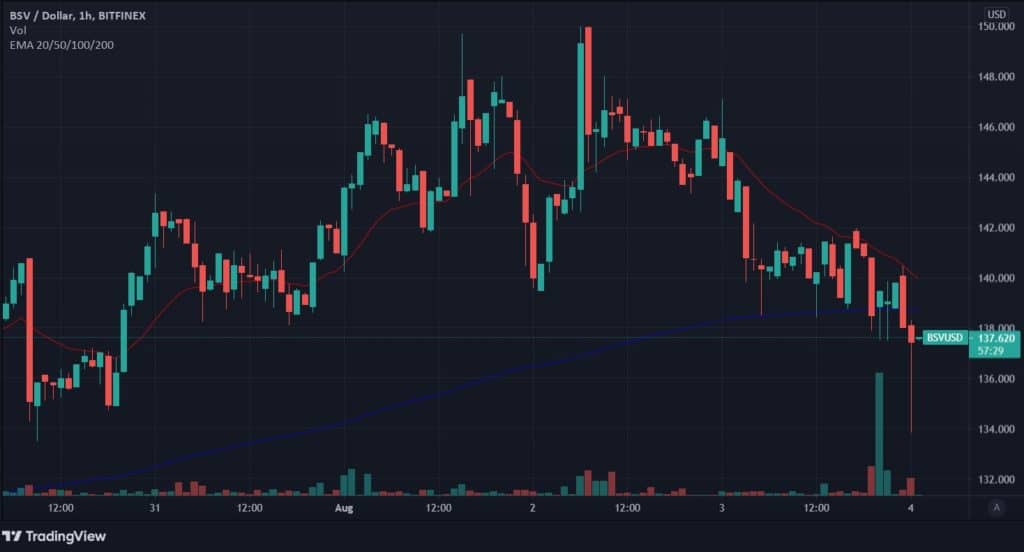
What is a 51% Attack?
A 51% attack occurs when an entity manages to control 51% of the total hash rate of a blockchain. This way, it can unilaterally decide which new blocks are added to a chain, confusing the nodes.
The 51% attack occurs on weak chains that are unsafe or uninteresting to miners. The most famous examples of these kinds of attacks, in addition to BSV, have been the cases of Ethereum Classic (ETC), Verge (XVG), and Bitcoin Cash (BCH) on different occasions.
In the case of Bitcoin SV, the event can be easily understood thanks to a graph shared by Farum, a risk management platform developed by Coinmetrics. Each line represents a new chain being confirmed by different Bitcoin SV nodes at the same time
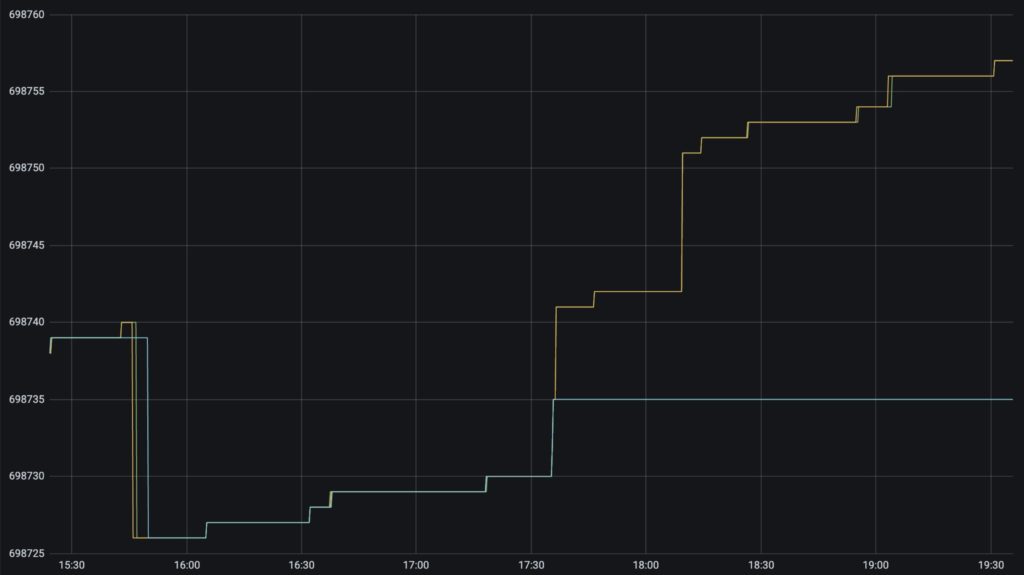
One of the most active pro-BSV vocal entities on Crypto-Twitter, the Bitcoin Association confirmed the attack and urged node operators via Twitter to run a command to invalidate the fraudulent blocks, offering its services to clarify doubts.
To invalidate the fraudulent chain, node operators should run the following command on their #BitcoinSV node:
bitcoin-cli invalidateblock 000000000000000003B67AEC95E9B5DA897EB5EBF3227D5A6A67835104367840
Please reach out on Twitter with any questions for the BA team.
2/2
— Bitcoin Association (@BitcoinAssn) August 3, 2021
Calvin Ayre has remained silent after the attack.
The Crypto Community Reacts to the 51% Attack on Bitcoin SV
Bitcoin SV does not have a very good reputation in the Crypto Twitter community. One of the leading minds behind the project, Craig Wright, has continuously claimed to be Satoshi Nakamoto, and although he has been caught lying several times, his assertions and attacks cause irritation among many developers and enthusiasts.
Being so, the reactions after this unfortunate event were not long in coming.
The pseudonymous webmaster of the legendary bitcoin.org site —who recently had to withdraw access to the Bitcoin whitepaper for people in the UK after a legal dispute with Craig Wright— mocked the way Bitcoin SV promoters were handling the issue through his social networks, ironically showing the high level of centralization of the project.
Bitcoin Association is literally running it’s blockchain through Twitter right now.
The old command was deleted, and now users are urged to run the same command with a new block. I suppose you should check their tweets regularly, to help your node stay in consensus?
pic.twitter.com/n6XKNheVXM
— Cøbra (@CobraBitcoin) August 3, 2021
.
Meanwhile, others pointed precisely to the drop in interest in the cryptocurrency and the small number of miners still working with the blockchain, a phenomenon that became especially noticeable when BSV dropped 50% shortly after its first halving:
*all 3 BSV node operators scramble to run the command*
—
Lawblock
(@JamesLawblock) August 3, 2021
Yet, others went straight to the meme arena, maintaining the maximalist view that Bitcoin SV and other Bitcoin forks or competitors are not worthy projects.





